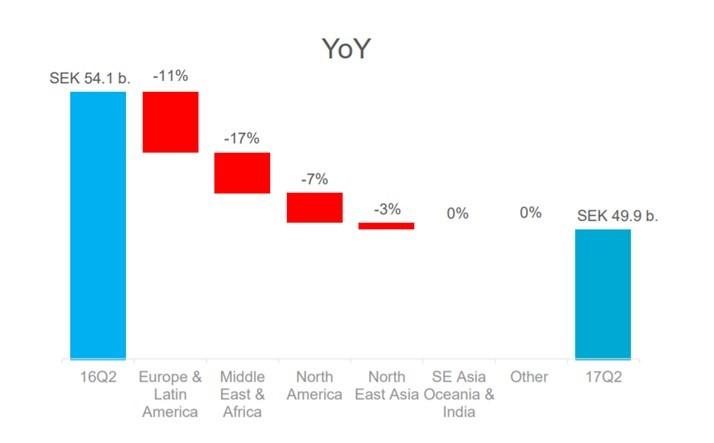21 July, 2017
As reported by Tubefilter, this is part of The Redirect Method, which is part of Google's plan and strategy to try and quash extremist ideologies across its platforms. Today the company announced that it was partnering with Jigsaw, another Alphabet subsidiary, and using their "Redirect Method"; a method in which searching for certain English keywords will result in displaying playlists of videos that debunk "violent extremist recruiting narratives" from ISIS and other terrorist groups.
YouTube is starting the new anti-terrorism feature with a small number of query terms; a rep declined to reveal what those search terms are. The service was boycotted by hundreds of advertisers earlier this year, after it came to light that their ads were appearing in videos espousing violent extremism and hate rhetoric. This may not be enough to stop terrorists from using YouTube as a recruitment platform, but it's clear Google is taking the problem seriously.
After that, Google and YouTube said it was not only developing technology to thwart extremist content, but also adding more human experts to spot troublesome videos. Google says it will measure success based on the amount of engagement the debunking videos get from the Redirect Method.
YouTube's effort will be expanded to include other languages over the coming weeks, and machine learning will be used to dynamically update the list of keywords that trigger these anti-terrorist playlists.
"The Redirect Method uses Adwords targeting tools and curated YouTube videos uploaded by people all around the world to confront online radicalization".
But how will YouTube know if it's actually working and changing minds?
YouTube said the types of video that are most effective are not always overtly anti-ISIS: "We focused our survey on videos that were objective in appearance rather than materials that appeared specifically created to counter ISIS".
YouTube is going all in on countering those who could fall under the spell of extremism. "We think this strikes the right balance between free expression and access to information without promoting extremely offensive viewpoints".





/cdn.vox-cdn.com/uploads/chorus_image/image/55813059/815566694.0.jpg)





